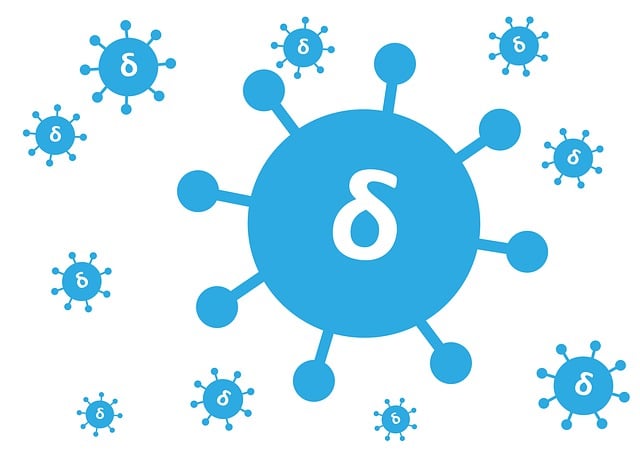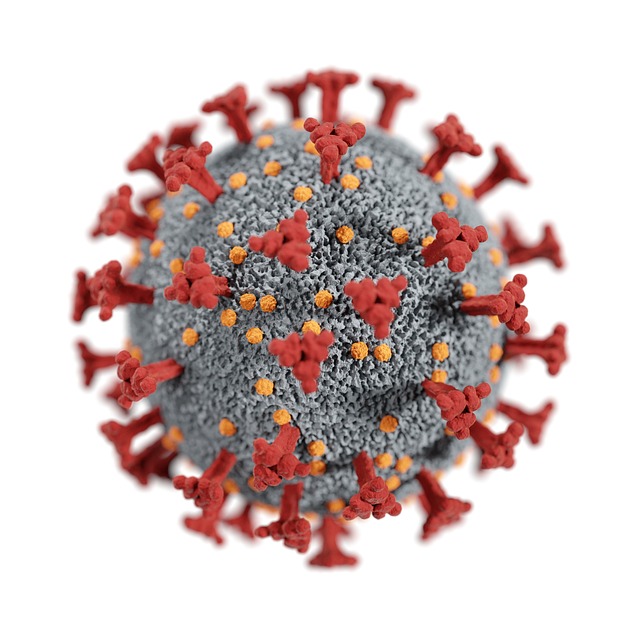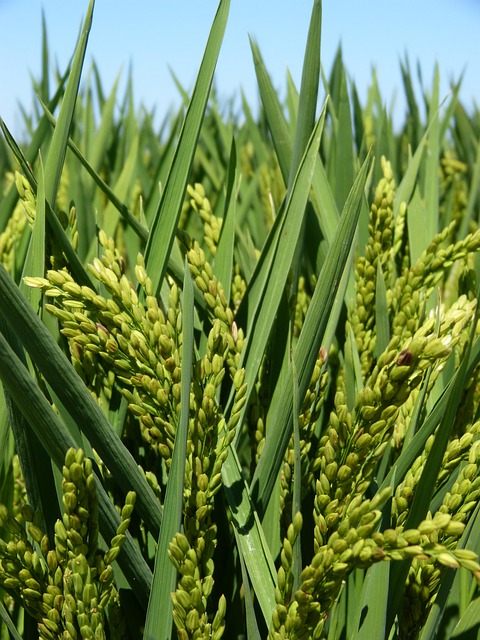Delta-9 THC vs CBD: Unlocking the Right Choice for You

Delta-9 THC, the psychoactive compound in cannabis causing the 'high', binds to brain's CB1 receptors. CBD, a non-psychoactive cannabis compound, promotes relaxation and alleviates pain without altering perception. While Delta-9 offers immediate recreational effects, CBD supports well-being through interactions with the endocannabinoid system. Choose Delta-9 for social euphoria or opt for CBD for therapeutic stress relief and improved health.
Delta-9 THC and CBD are two prominent compounds in cannabis, each with distinct effects. Understanding these differences is crucial when choosing between them. This article aims to demystify the debate of Delta-9 vs. CBD by providing insights into their workings, key distinctions, and how they cater to different needs and lifestyles. Dive into this guide to discover which one aligns best with your preferences.
- Understanding Delta-9 THC: The Active Compound in Cannabis
- CBD (Cannabidiol): A Non-Psychoactive Alternative
- Key Differences Between Delta-9 and CBD
- Choosing the Right Option for Your Needs and Lifestyle
Understanding Delta-9 THC: The Active Compound in Cannabis

Delta-9 THC, or tetrahydrocannabinol, is the primary psychoactive compound found in cannabis plants. Often referred to simply as “THC,” it’s what gives users that characteristic “high” feeling associated with marijuana use. Delta-9 binds directly to the endocannabinoid system (ECS) in our bodies, specifically interacting with CB1 receptors in the brain and CB2 receptors in the immune system. This interaction can lead to a range of effects, including altered perception, increased appetite, relaxation, and heightened sensitivity to sensory stimuli—both positive and negative, depending on individual tolerance and dosage. Understanding how delta-9 THC works is crucial when considering its potential benefits or risks for personal use.
CBD (Cannabidiol): A Non-Psychoactive Alternative

CBD (Cannabidiol) is a non-psychoactive compound derived from the cannabis plant, offering a unique alternative to Delta-9 THC. Unlike Delta-9, CBD doesn’t produce a ‘high’ or alter consciousness, making it an appealing choice for those seeking a more subtle and controlled experience. This makes CBD particularly versatile, as it can be used for various purposes without the mind-altering effects associated with its counterpart.
Known for its potential therapeutic benefits, CBD has gained popularity for its ability to promote relaxation, reduce anxiety, and even alleviate certain pain conditions without the risks or side effects often linked to Delta-9 consumption. Its non-psychoactive nature allows individuals to reap the rewards of cannabis’ medicinal properties while maintaining clarity and control over their mental state.
Key Differences Between Delta-9 and CBD

Delta-9 THC and CBD are two distinct compounds found in cannabis plants, each with unique effects on the body and mind. The key differences lie in their chemical structures and how they interact with our endogenous systems. Delta-9 THC is a powerful psychoactive compound, responsible for the ‘high’ associated with marijuana use. It binds directly to the CB1 receptors in the brain, leading to alterations in perception, mood, and cognitive function. This interaction makes delta-9 THC potent and fast-acting, providing immediate effects that can last up to several hours.
On the other hand, CBD (Cannabidiol) is non-psychoactive, meaning it doesn’t produce any mind-altering effects. It works differently by interacting with various receptors in the endocannabinoid system and acting as a regulator. CBD’s effects are often described as calming and soothing, helping to reduce anxiety, inflammation, and pain without affecting mental clarity or coordination. While delta-9 THC offers a recreational experience, CBD is increasingly recognized for its therapeutic benefits, making it a preferred choice for those seeking relief from specific medical conditions without the intoxicating effects.
Choosing the Right Option for Your Needs and Lifestyle

When deciding between Delta-9 and CBD, it’s crucial to align your choice with your specific needs and lifestyle. Both compounds offer unique benefits, but their effects differ significantly. Delta-9, known for its intoxicating properties, provides a euphoric high, making it popular for recreational use. It can enhance social interactions, stimulate appetite, and promote relaxation, ideal for unwinding after a long day or enhancing leisure activities.
On the other hand, CBD (Cannabidiol) is non-intoxicating and has gained popularity for its potential therapeutic effects. It interacts with your endocannabinoid system to support overall well-being, offering relief from anxiety, chronic pain, and sleep disorders. CBD is versatile, suitable for those seeking subtle enhancements or looking for alternative solutions to manage stress and promote better health, making it a preferred choice in today’s wellness-focused society.
When choosing between Delta-9 THC and CBD, understanding their distinct properties is key. While Delta-9 offers a more intense psychoactive experience, CBD provides a calm and clear state without the high. Consider your desired effects, lifestyle, and tolerance when deciding which one aligns best with your needs. Both options have their merits, so explore and experiment to find your perfect fit in the ever-evolving world of cannabis compounds.












































